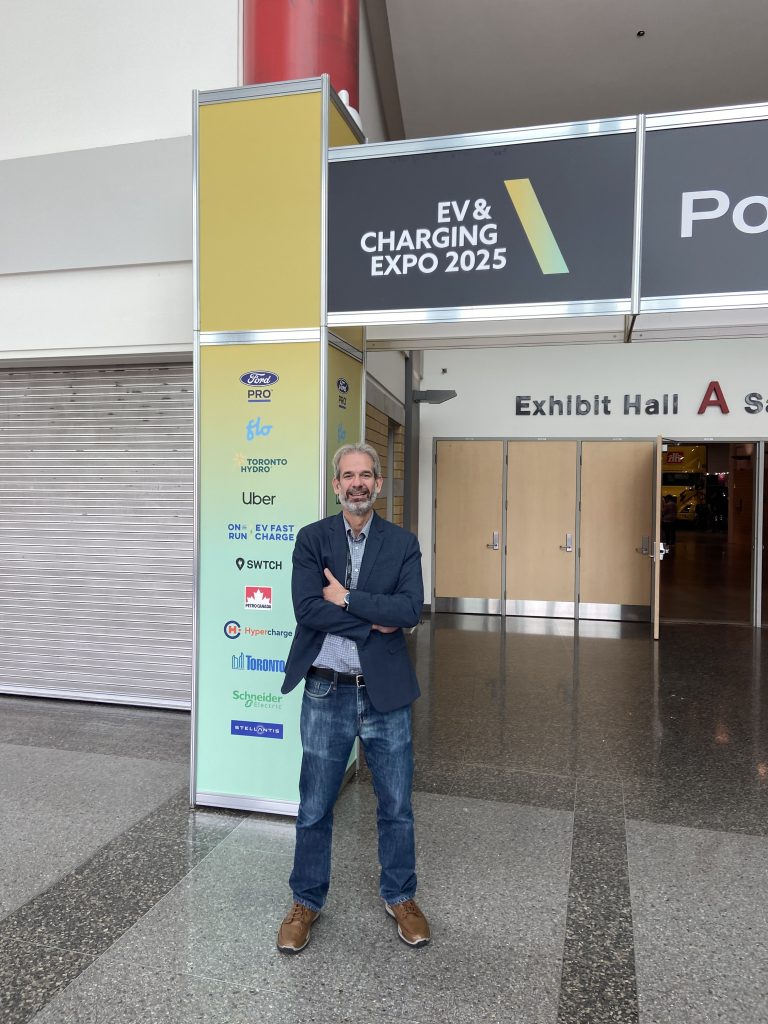On June 27th, the California Office of Administrative Law (OAL) approved the final version of amendments to the Low Carbon Fuel Standard (LCFS). This is the final step in the multi-year rulemaking process led by the California Air Resources Board (CARB) to strengthen the regulation and support a more robust LCFS credit market.
In addition, the OAL approved CARB’s request to implement the amended regulation starting July 1, 2025. This means LCFS deficit and credit generation for the first two quarters of 2025 (Q1 and Q2) will remain subject to the previous carbon intensity standards and regulation. The updated rules will apply beginning Q3 2025, covering the second half of the year.
Market Responds
The markets initial reaction to the long-awaited OAL decision was a moderate uptick in LCFS credit values. The tighter carbon-intensity standard – combined with a new auto-adjustment mechanism designed to better align credit supply and demand over time – have contributed to expectations of stronger credit values.
However, a significant surplus of LCFS credits still exists in the market. It will take time for this oversupply to approach a balance with demand. Additionally, legal questions remain, particularly regarding CARB’s decision to apply two different carbon intensity standards in the same calendar year. This approach was not clearly contemplated in the original LCFS statute or prior regulations, which could open the door to legal challenges. These uncertainties are likely keeping market expectations in check for now.
What’s Next: Implementing the Changes in the Regulation
While the July 1, 2025 effective date for the amendments is now confirmed, additional guidance from CARB will be essential for implementing many of the regulation’s fuel- and equipment-specific updates. These include changes to requirements for registering electric forklifts, electric transport refrigeration units (eTRUs), and EV chargers at multi-family housing properties. Historically, CARB has provided detailed user guidance to support registration and compliance. Stakeholders anticipate similar clarification ahead of the Q3 2025 registration window, which ends in mid-November.
Link: CARB LCFS Rulemaking Webpage
Tweet










